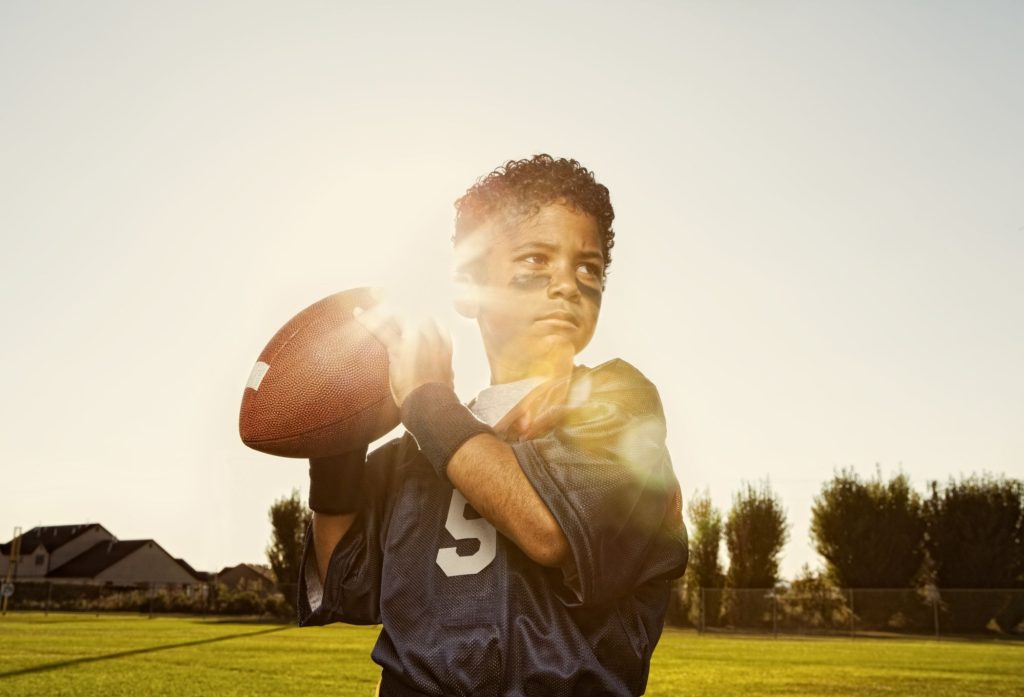
September is here and team sports are back in full swing with football, hockey and soccer seasons gearing up, and with those comes the issue of determining an accurate concussion test for kids. A common question that comes up each year is whether we need to do baseline testing for concussion on all youth athletes.
Baseline testing is a great concept. The idea is to obtain a functional, neurocognitive baseline before the sports season starts in case the athlete suffers a concussion during the season. If the athlete suffers a concussion, an assessment can be made using the same test allowing the practitioner to compare results to their baseline results. If they are below their baseline, the assumption is made that they have suffered a concussion and need rest and rehabilitation before returning fully to school and contact sports. The athlete can be retested during their recovery to monitor their progress.
Baseline testing for concussion was first introduced in the 1990s as a paper and pencil neurocognitive test and then as a computerized test more recently. There are several computerized baseline tests available. The most commonly used baseline test is the computer based test ImPACT. The ImPACT test takes approximately 25 minutes and consists of sections that assess visual memory, verbal memory, reaction time, impulse control and processing speed. The test is developed for ages 10 and older, but recently a pediatric version has been introduced for ages 5 and older.
The ImPACT test has been the subject of much controversy. Up to 12% of ImPACT tests may be invalid and not useful in concussion assessment. Factors that can contribute to the validity of the ImPACT test include:
1. The testing environment – tests given in a large group setting tend to produce worse results.
2. The athlete does not understand the instructions
3. Fatigue or illness when taking the test
4. Color blindness
5. Defective keyboard or mouse
6. Sandbagging – some athletes may purposefully “bomb” the baseline test so their post concussion assessment does not appear worse or a concussed athlete may choose not do well in order not to return to school.
The most recent recommendations support more comprehensive assessments for baseline and post-concussion evaluations. Assessments should address a past history of migraines, learning disabilities, ADHD, depression or anxiety, symptoms at the time of testing and a balance and eye tracking evaluation as well as concussion history. When comprehensive baseline testing is performed in the proper environment, having baseline results can be helpful in evaluating a concussed athlete. The most recent recommendations on the CDC website support baseline testing of athletes involved in contact sports and athletes with a history of previous concussions.
For more information on the subject of sports concussions, visit Dr. Audrey Paul’s Heads Up Westport Concussion Center, LLC website.
Looking for something specific? Write to Dr. Audrey Paul and let her know what topic you're interested in learning more about.
Get in touchLooking for something specific? Write to Dr. Audrey Paul and let her know what topic you're interested in learning more about.

